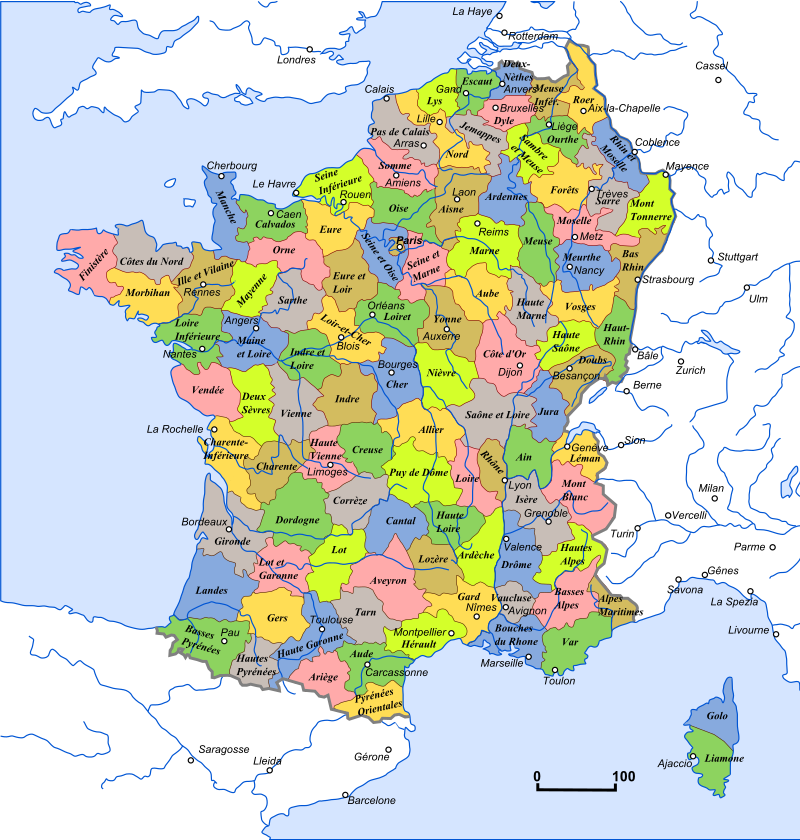Question is as
@Carp pointed out in the thread of Aix-la-Chapelle, France GETTING (in this case) to the Rhine is a very different question to France being able to KEEP her newly annexed lands. Case in point: Louis XIV HAD Lorraine for most of his reign, but was obliged to hand it back after the 9YW (due to outside pressure IIRC).
How about France of Louis XIV using what it did have differently? It’s OTL army was quite comparable in its numbers to the army circa 1793: 1688 - 338,000 (the Netherlands - 73,000, Hapsburgs - 50,000, Britain - 80,000), 1693 - 420,000, 1696 - 410, 657 (not counting the officers), 1700 - 360,000, 1702 - 392,000, 1710 - 377,000.
http://totalwars.ru/board/index.php/topic/56393-французская-армия-людовика-xiv-в-цифрах/
With the exception of Montecuccoli, prior to the WoSS the French opponents had not been led by the really outstanding generals so the failure to achieve the outstanding results probably was mostly due to the French leadership, starting from the top, Louis and Louvois, and then down to the countless marshals (42, only Louis XV had more; can it be that the number of marshals was in a reverse proportion to their qualification? 😜).
For comparison, War of the 1st Coalition (border on the Rhine in 1793): 1792 - 150,000, 1793 - 270,000 (against 375,000), 1794 - 400,000. Notice that, like at the time of Louis XIV, armies of the Republic had been fighting on the multiple theaters and generally still suffering from the same “cordon strategy” approach (spreading forces all over the front trying to cover all possible roads ), still had a considerable number of troops as the garrisons, suffered from a shortage of the competent officers (well, competence of those at the time of Louis is a big question mark) and from very serious discipline problems. Plus, they were generally worse supplied than armies of Louis XIV. Probably, the armies of Louis XIV had been, generally, better organized than those of his opponents while for the 1st Coalition it was other way around.
Still, by the end of 1793 the French had been in possession of Belgium, Netherlands, the left bank of the Rhine and managed to end the war with the Rhine being French “natural border”. Which probably means that warfare of Louis XIV was
extremely ineffective. So if we assume that this inefficiency is somehow being addressed (Louvois removed from his position, Louis stops meddling in the military operations, appointments are made by the merit instead of the pedigree or recommendation from Louis’s current mistress, etc.), the OP goal could be achieved.

